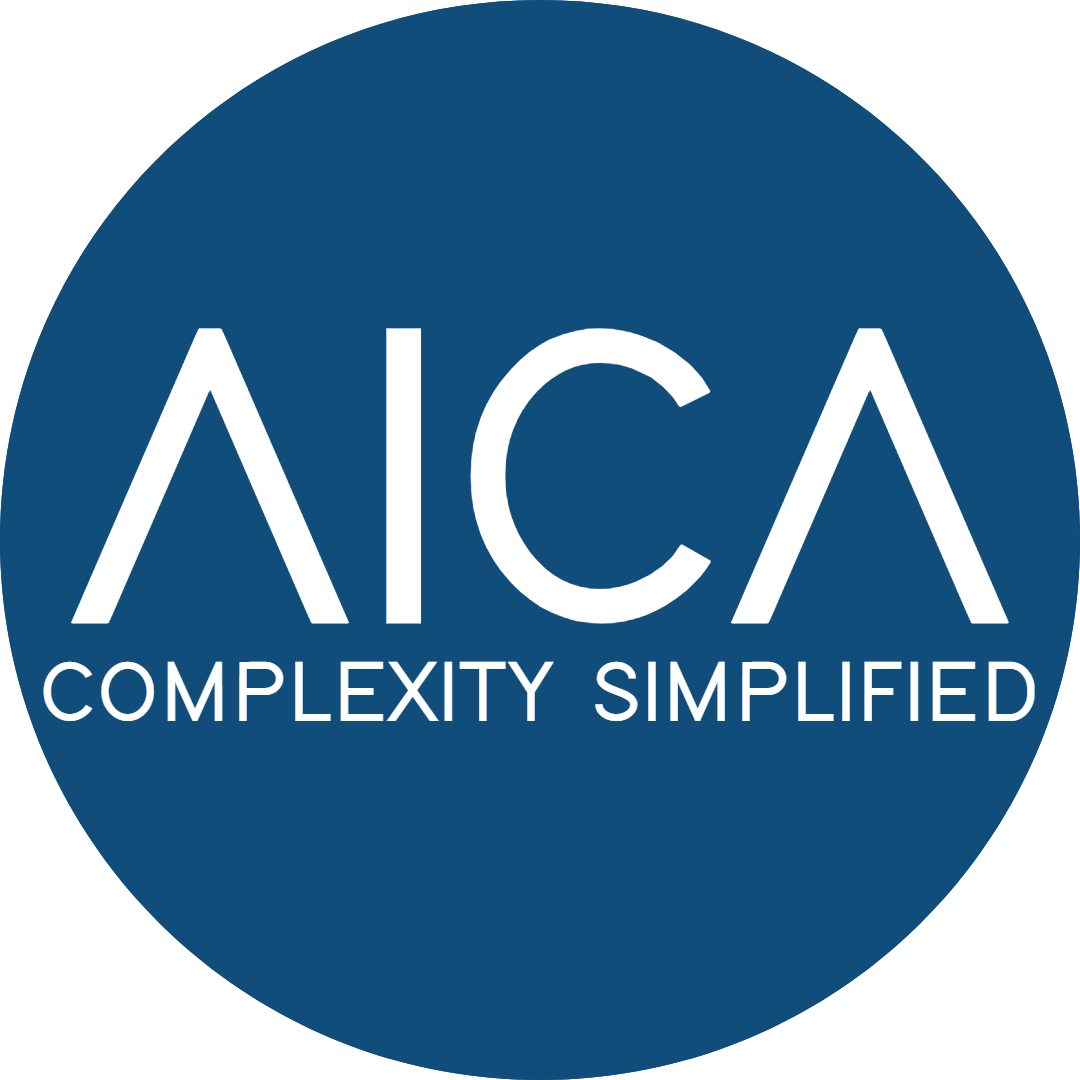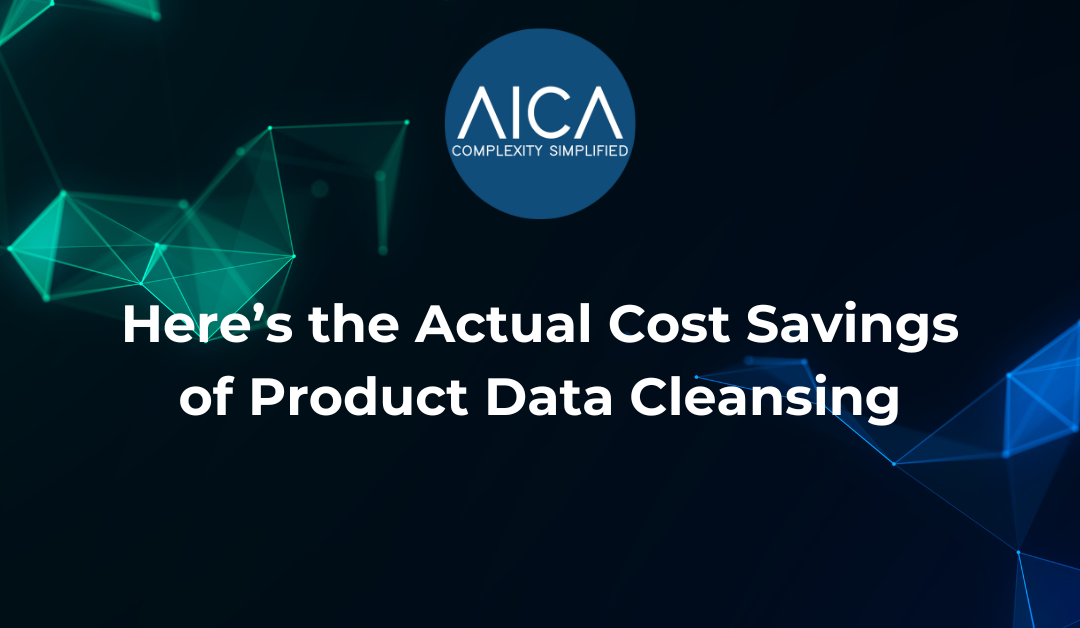Businesses across industries such as procurement, warehousing, supply chain management, enterprise asset management, and manufacturing are increasingly realising that poor data quality leads to inefficiencies, lost revenue, and operational disruptions.
Through real-world case studies, this article explores how leading organisations have transformed their operations through high-quality product data and how AICA’s AI-powered data solutions can help companies achieve similar results.
How Clean and Enriched Data Transforms Business Operations
1. Procurement and Spend Analysis
Organisations that struggle with inconsistent supplier data, fragmented procurement records, and duplicate entries often experience increased costs and inefficiencies. Clean and standardised data enables better supplier negotiations, spend visibility, and cost optimisation.
Case Study: Procter & Gamble (P&G)
- Challenge: P&G faced procurement inefficiencies due to inconsistent supplier data and product specifications.
- Solution: Implemented a centralised data management system to standardise and cleanse supplier and product data.
- Results:
- Reduced procurement costs by 15-20% through better supplier consolidation.
- Achieved $500 million in savings by eliminating duplicate suppliers and standardising product specifications.
- Improved spend visibility, enabling more strategic decision-making.
Case Study: Siemens
- Challenge: Siemens’ procurement operations suffered from inconsistent product data across multiple locations.
- Solution: Deployed a data intelligence platform to cleanse and enrich product data.
- Results:
- 30% reduction in procurement cycle times.
- 10-15% cost savings through better supplier management.
- Improved compliance with procurement policies.
2. Warehousing and Inventory Management
Poor inventory data leads to overstocking, stockouts, and inaccurate demand forecasting. Clean and enriched data helps optimise inventory, reduce carrying costs, and improve supply chain responsiveness.
Case Study: Walmart
- Challenge: Overstocking and stockouts due to inaccurate inventory data.
- Solution: Implemented data cleansing and enrichment for more precise inventory management.
- Results:
- 20% reduction in inventory holding costs.
- 15% improvement in inventory turnover.
- Enhanced customer satisfaction by reducing stockouts.
Case Study: Amazon
- Challenge: Managing millions of SKUs across global warehouses.
- Solution: Used AI-powered product data enrichment to standardise inventory classification.
- Results:
- 30% reduction in excess inventory.
- 25% decrease in warehousing costs.
- Improved delivery times due to more efficient inventory tracking.
3. Supply Chain and Logistics
Inaccurate product data disrupts supply chains, leading to delays, increased costs, and poor supplier collaboration. High-quality data enables better demand planning, optimised routing, and improved logistics performance.
Case Study: DHL
- Challenge: Inconsistent and incomplete product data was affecting supply chain visibility.
- Solution: Implemented a product data intelligence platform.
- Results:
- 20% savings in supply chain costs.
- 15% improvement in on-time deliveries.
- Real-time tracking and improved accuracy in delivery estimates.
Case Study: Nestlé
- Challenge: Supply chain inefficiencies due to fragmented product data.
- Solution: Deployed a centralised product data management system.
- Results:
- 25% cost reduction in supply chain operations.
- Improved supplier collaboration with standardised product data.
- 20% shorter lead times for deliveries.
4. Enterprise Asset Management
Organisations with complex asset portfolios need clean and enriched data to improve maintenance efficiency, extend asset lifespan, and optimise resource allocation.
Case Study: General Electric (GE)
- Challenge: Managing a vast portfolio of industrial assets with incomplete data.
- Solution: Used AI-driven asset data enrichment.
- Results:
- 30% reduction in maintenance costs through predictive maintenance.
- 20% increase in asset utilisation.
- Improved decision-making for asset investments.
Case Study: Shell
- Challenge: Managing global oil and gas assets efficiently.
- Solution: Standardised asset data using AI-powered enrichment tools.
- Results:
- 15% lower operational costs through optimised maintenance.
- 10% increase in asset lifespan.
- Improved compliance with regulatory standards.
5. Retail and E-Commerce
For retailers and e-commerce platforms, inaccurate product data leads to lower sales, higher return rates, and poor customer experiences. Clean data ensures consistency across sales channels and improves product discoverability.
Case Study: Target
- Challenge: Inconsistent product data across online and in-store inventory.
- Solution: Implemented a product data intelligence platform.
- Results:
- 20% reduction in inventory carrying costs.
- 15% increase in online sales.
- Enhanced customer experience through consistent product information.
Case Study: Zalando
- Challenge: Managing millions of product listings on an e-commerce platform.
- Solution: Used AI-powered product data enrichment.
- Results:
- 10% higher conversion rates from better searchability.
- 15% reduction in return rates due to improved product descriptions.
- Improved operational efficiency through automated data management.
How AICA Helps Companies Achieve These Results
At AICA, we specialise in AI-powered data cleansing and enrichment solutions that help organisations achieve similar efficiency, cost savings, and process improvements as those outlined in the case studies above.
AICA’s Key Solutions
- Product Data Cleansing – Detect and correct duplicate, outdated, missing and inconsistent product data to ensure accuracy and reliability.
- Product Data Enrichment – Enhance product records by adding missing attributes, classifications, supplier details, descriptions, and translations to improve data usability and searchability.
- Seamless integration – Our agentic AI integrates with ERP, MDM, ERP and EAM and systems via API.
- Improved compliance and spend visibility – Our agentic AI integrates with ERP, MDM, ERP and EAM and systems via API.
What Makes AICA Unique?
- Speed – Processes data up to 90 percent faster than traditional methods, reducing the time needed for data cleansing, enrichment, and classification.
- Accuracy – Uses specialised machine learning algorithms to achieve high confidence levels, minimising errors and the need for manual corrections.
- Cost Efficiency – Automates labor-intensive data management tasks, lowering operational costs and enabling businesses to allocate resources more effectively.
- Scalability – Designed to handle large-scale datasets, making it ideal for businesses managing thousands to millions of product records.
- Customisability – Allows organisations to tailor data workflows, classification models, and integrations to meet specific operational needs.
Final Thoughts
These case studies show a clear pattern: organisations that invest in clean and enriched product data experience significant cost savings, improved efficiency, and reduced risks. Whether in procurement, warehousing, supply chain, enterprise asset management, or e-commerce, high-quality data is a game-changer.
With AICA’s AI-powered solutions, your organisation can achieve these benefits by ensuring that your product and asset data remains accurate, standardized, and enriched—helping you reduce costs, streamline operations, and enhance decision-making.
Click here to book and demo today.
Copyright Reserved © AICA Data International Ltd 2025

